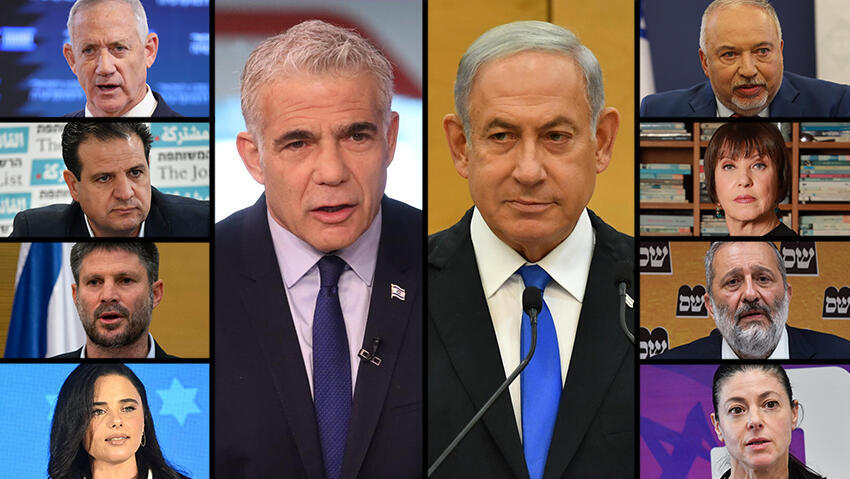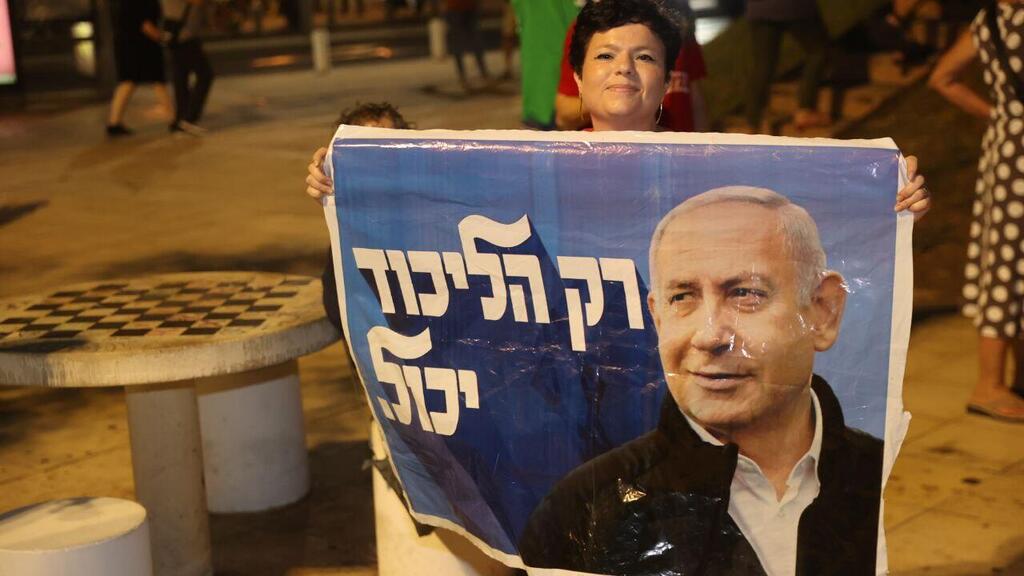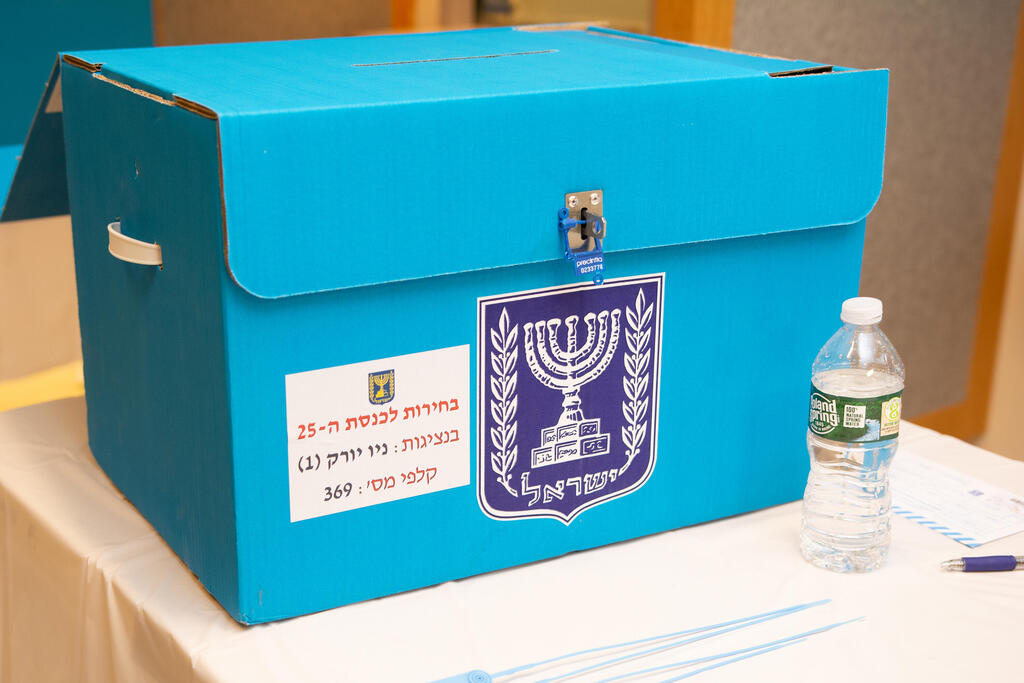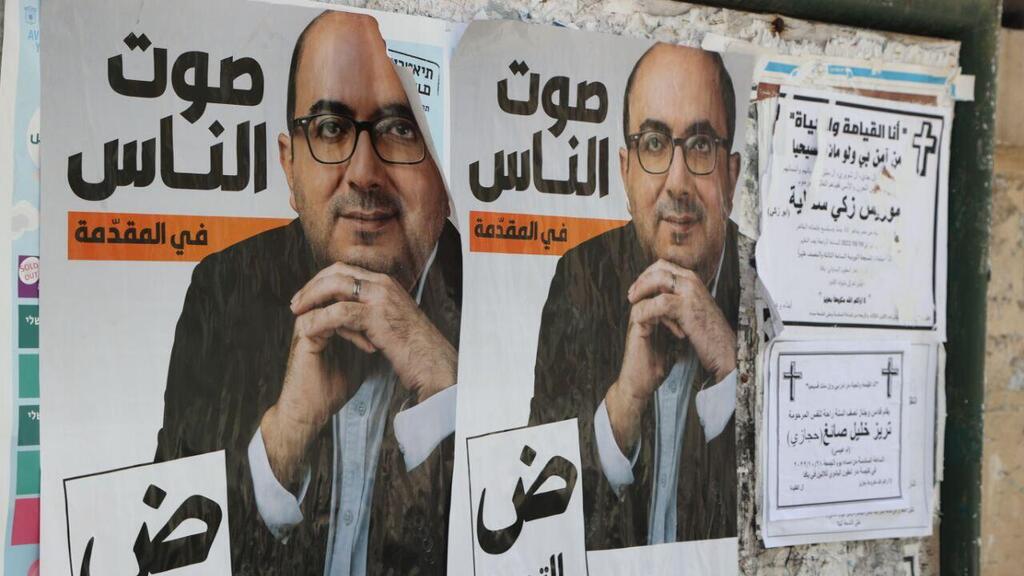Getting your Trinity Audio player ready...
When Israelis head to the polls on November 1, it will be the fifth election in which they have been asked to vote in less than four years.
According to the Central Elections Committee, almost 68% of Israelis voted in April 2019, the first in the series of snap elections to be held over the last four years. In the following two rounds – in September 2019 and March 2020, voter turnout increased, peaking at 71%. Looking ahead to November 1, it is unclear what the voter turnout will be.
After so many elections, Israelis may voice their dismay with the political instability simply by not showing up. On the other hand, they have consistently shown up for previous elections despite their frequency.
“In each of the past elections, we were prepared to see a significant drop in voter turnout and this did not happen,” said Dr. Liron Lavi, an assistant professor in the Department of Political Studies at Bar-Ilan University. “Israelis go out to vote. They see it as part of their civic duty in a democracy, disconnected from the inability of politicians to make things work afterward and get out of this deadlock.”
Voting in Israel is not compulsory, but Election Day is a national holiday aimed at encouraging people to vote.
Should the deadlock which characterized the previous elections remain, there is a possibility that the country will head to a sixth election in the coming months. Polls show the two major political blocs in Israel in a tie, with each bloc just a few mandates shy of the ability to form a government.
The lack of movement in the polls reflects the growing fragmentation in Israeli society. This could be what is behind the relatively consistent voter turnout, despite frequent elections.
“The polarization is one of the wide political trends we have been witnessing in recent years all around the world,” Lavi explained. “People are more fortified in their political camps. This actually motivates people to take political action, to vote. The fact that people vote based on their identities compensates for their fatigue from the political system.”
“The fatigue is seen by people’s unwillingness to talk about elections, about who will form a government and politicians’ promises. People are just tired of talking about it,” she said.
Rallies and demonstrations are infrequent in this fifth election cycle, while election signs have been replaced by online debates.
“All the last campaigns were more about the identity of the country and less about policy,” said Dr. Assaf Shapira, director of the Political Reform Program at the Israel Democracy Institute. “It is between those who want a more liberal democratic state and those who want a more ethnic and narrow democracy.”
One of the critical factors in the upcoming election will be the turnout of Arab Israeli voters. While they make up approximately 20% of the country’s population, over half of those eligible usually do not vote.
Since the election is going to be determined by a small number of mandates, any changes in turnout levels could have a critical impact.
The right-wing bloc, led by Likud party leader and former Prime Minister Binyamin Netanyahu, is hoping for a low turnout from the Arab sector. According to a report by Israel’s Channel 12 news, Likud has invested the most money in campaigning in Arabic, compared to other political parties, including the Arab ones. Netanyahu wants to lower their vote for the Arab party candidates’ lists.
Success for his bloc, by either lowering voter turnout or swaying Arab voters to not vote for Arab parties, could give the right-wing parties the necessary 61 mandates in the 120-seat parliament.
The current outgoing government saw the historical and contentious participation the United Arab List-Raam party in the coalition. For many, the inclusion of an Arab party in the government was a successful experiment. For critics, it was a source for constant opposition.
“The right wing used this as a means to legitimize the Arab presence in a coalition,” said Shapira, “Before that, Netanyahu himself negotiated with Raam.”
When asked about Arab party participation in the next government, current Prime Minister Yair Lapid tends to avoid the question. The right-wing parties rule it out as part of their campaign promises. The public and political discourse which excludes the representatives of such a large portion of the population distances many Arab voters from being part of the game.
“The delegitimization by the right lowers Arab voter turnout because it signals they are not perceived as a legitimate political player,” Shapira added.
“In the past, we have seen low turnout as a different type of participation among Arabs,” said Lavi. “It is an active way of making a statement on the lack of effectiveness of their participation in the system. By not voting, they are creating influence.”
Further complicating matters, the Arab parties have split and will be running separately. This is unlike previous elections in which most them joined together. There is disappointment among many Arab voters that their representatives could not put aside their differences in order to run together and likely gain greater influence.
“The more Arab parties, the less Arabs vote,” said Shapira, “Voters see the split as politicians favoring narrow political interest rather than the representation of the Arab public.”
5 View gallery


(Photo: Yoav Dudkevtich, Amit Shabi, Yair Sagi, Shaul Golan, Eli Mendelbaum, EPA, Dana Kopel, Alex Kolomoisky)
Polls show one of the Arab parties will not pass the 3.25% threshold needed in order to enter parliament, likely playing into the hands of the right-wing bloc.
Despite a one-year respite from elections, the current campaign revolves yet again around Netanyahu and his ability and eligibility to lead the country.
After over a year in the opposition following a decade in power, Netanyahu may have an easier time bringing supporters to the polls next week. In the last election, there was a slight drop in turnout in peripheral areas traditionally aligned with the Likud.
“From the opposition, it is easier to mobilize voters,” said Shapira, “But it is difficult to foresee a major increase.”
Chances of a sixth election in the coming months are not slim. For voters, avoiding such a scenario might be a reason to vote. It also could have the opposite effect: People may skip the polls and enjoy a day off without the hassle of voting.
An IDI poll after the latest snap election was announced earlier this year found that only half of Israelis believe an election will result in the formation of a stable government. Still, it is likely that voter turnout will not fluctuate much.
“Throughout repeated elections, Israelis have received a crash course in politics. They understand the gap between election results and coalition negotiations the day after,” said Lavi.
Israelis vote, but they have low expectations for their politicians.
“When the race is close, there is less voter fatigue,” said Shapira. “Everyone knows that every vote counts.”
The story is written by Keren Setton and reprinted with permission from The Media Line





